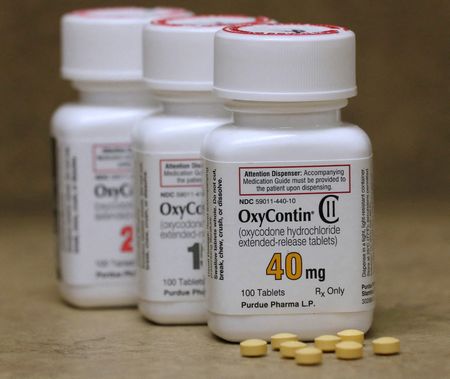By Niket Nishant and Manya Saini
(Reuters) -Shares of Robinhood Markets fell 14% on Thursday after more than doubling in value this year, as incentives aimed to attract customer assets hurt the retail trading platform’s third-quarter results.
The incentives reduced third-quarter net revenue of the company by $27 million, CFO Jason Warnick said late on Wednesday.
Robinhood has been looking to draw sophisticated investors in a push to capture market share from traditional heavyweight brokerages such as Charles Schwab and Fidelity.
Its shares had surged 120% this year ahead of the quarterly results. They were last trading at $24.42.
“We view this quarter as somewhat of a seasonal deceleration in the business after a robust first half… We are not surprised by the significant, negative stock reaction,” analysts at J.P. Morgan said.
MINOR BUMP
Wall Street analysts viewed the latest results only as a minor setback for a company making big strides toward becoming a mature, full-fledged financial services provider.
Over the past few months, Robinhood has unveiled a credit card, launched a desktop trading platform, added futures and index options trading and rolled out contracts for betting on the U.S. presidential election.
“(Robinhood) continues to make progress on the rollout of new products and features, with reported positive feedback on the new desktop platform, and strong uptake in the recently announced election options,” Barclays analyst Benjamin Budish said.
KBW analysts said equity and crypto markets remain “extremely favorable” for retail activity.
They said Robinhood’s shares of U.S. cash equity average daily trading volumes were nearing their highest levels since February 2021 when its popularity soared during the meme stock frenzy.
(Reporting by Niket Nishant and Manya Saini in Bengaluru; Editing by Arun Koyyur)











